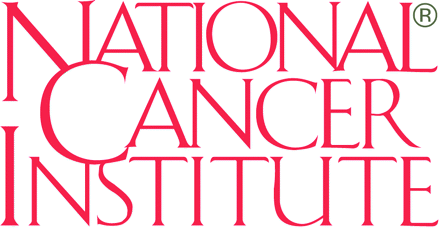Sites of interest on the World Wide Web
A Time-Lapse of Life: The Fascinating World of Longitudinal Studies
In this month’s Molecular Interventions (MI), Stanley Scheindlin examines the role of longitudinal analyses as means for observing change. The concept of following a cohort of subjects for a long period of time (years, decades, etc.) presents a task that requires commitment far beyond an interventional study. Two interesting longitudinal studies that demonstrate the implementation of such time-consuming studies in two very different ways are 49 Up and the Harvard Study of Adult Development (HSAD). Web sites for each can be found at: pbs.org/pov/fortynineup/ and the Laboratory of Adult Development (http://adultdev.bwh.harvard.edu/research-SAD. html), respectively. 49 Up has been crafted into a series of seven documentary films, each following a group of children through their development at seven-year intervals. The subjects, originally interviewed at age fourteen, are now forty-nine years old, have had the drama of their lives documented by the (patient) filmmaker Michael Apted. HSAD has focused on identifying the predictors of healthy aging and was begun over seventy years ago. Today, it still retains 114 of the original 268 study participants. This study is the longest longitudinal study undertaken and has allowed a unique view in characterizing the aging process. These studies represent the dedication and commitment that such long-term studies require and provide a fascinating history of their subject’s lives.


Sanger Institute Databases
The story of Henrietta Lacks, the patient from whom HeLa cells were originally obtained, has generated much interest with the recent publication of Rebecca Skloot’s book, as highlighted in the Beyond the Bench department of this month’s MI. The characterization of cancer cell lines has been an ongoing process, and the Wellcome Trust has established databases to curate data related to individual cancer cell lines. The Sanger Institute provides a variety of databases that are valuable to biomedical researchers, particularly those focusing on studying cancer. These databases, located at the Cancer Genome Project, are accessible through sanger.ac.uk/genetics/CGP/CellLines, and provide information on the genetics and genomics of over 780 cancer cell lines. Searches can be accomplished by cell line, gene name, or tissue of origin. Entries include information on tumor classification, known mutations, microsatellite stability, and sources to obtain the cell line. In addition to their cancer cell line database, the institute also hosts a database of Genomics of Drug Sensitivity in Cancer, providing drug-specific analysis (sanger.ac.uk/genetics/CGP/translation/). These two resources should prove valuable for investigators interested in the treatment and analysis of the genetics and genomics of cancer.


Cancer Vaccine Study Resource
In this month’s MI, Kast and colleagues write about the case for clinical trials of therapeutic cancer vaccines. The National Cancer Institute maintains a Web site and information resource on active clinical trials of cancer treatment vaccines as well as the clinical trial of the cancer preventive vaccine for cervical cancer. Although only one type of cancer is represented in the preventive vaccine category, a dozen are represented in the treatment category, including brain, bladder, breast, and prostate cancers. This Cancer Vaccines Web site, located at cancer.gov/cancertopics/factsheet/Therapy/cancer-vaccines provides a convenient resource and valuable links to ongoing clinical trials utilizing these therapeutic agents.

Pharmacogenetics of Membrane Transporters Database
In this month’s issue of MI, Mercado and Kilic write about the molecular and cellular mechanisms of regulation of the serotonin transporter. A number of databases on transporters have been available on the Web and have been previously featured in this column. However, a database on the Pharmacogenetics of Membrane Transporters has been developed that features a unique resource for membrane transport information. The database (pharmacogenetics.ucsf.edu) has been funded by NIH to provide information on genetic variants of membrane transporter genes, including single nucleotide polymorphisms. These mutations are displayed and mapped to the gene structure as well as the secondary structure of the transporter. This database will prove useful for those studying transporters as well as those interested in pharmacogenetics.
- Copyright © 2010



